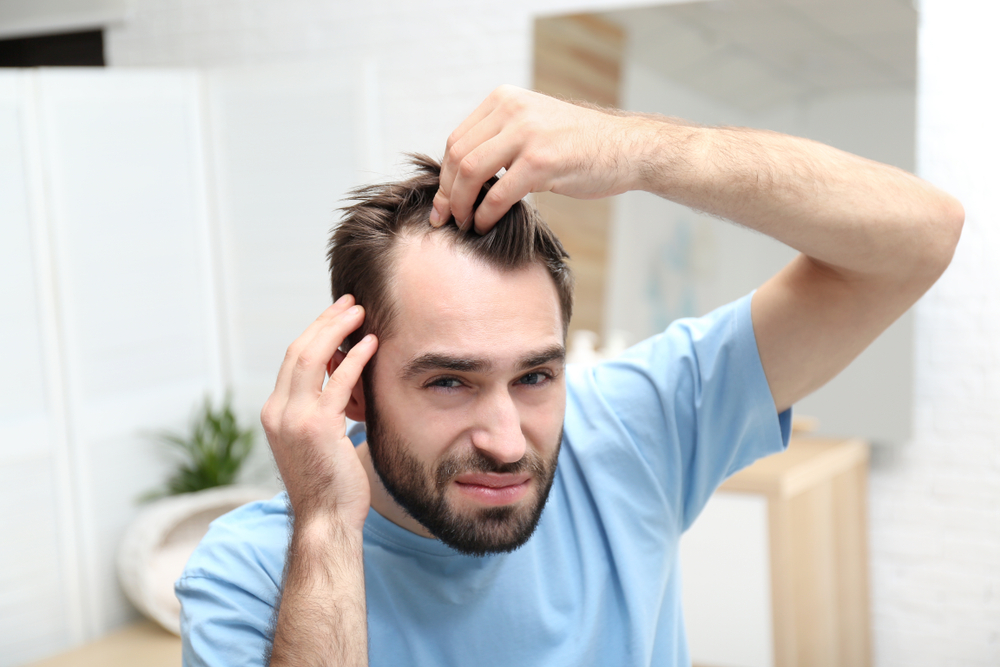To effectively remove DHT (dihydrotestosterone) from the scalp and combat its effects, which are often associated with hair loss, especially in cases of male and female pattern baldness, it’s important to adopt a comprehensive approach. Here’s a detailed guide:
- Understand the Role of DHT in Hair Loss: DHT is an androgen hormone that can shrink hair follicles, shorten the hair growth cycle, and lead to hair thinning or loss. While it’s a natural hormone, excessive DHT levels or increased scalp sensitivity to DHT can accelerate hair loss.
- Use DHT-Blocking Shampoos: There are shampoos available that contain ingredients known to inhibit DHT. These often contain components like ketoconazole, saw palmetto, or pygeum bark. Regular use of such shampoos can reduce the DHT levels on the scalp.
- Consider Medications: Two well-known medications for hair loss are finasteride and minoxidil. Finasteride works by inhibiting the enzyme responsible for converting testosterone to DHT. Minoxidil doesn’t directly affect DHT but can help in hair regrowth. Always consult a healthcare professional before starting any medication.
- Topical DHT Blockers: Apart from shampoos, there are serums and topical treatments that claim to block DHT. These may contain natural DHT blockers like saw palmetto, pumpkin seed oil, or green tea extracts.
- Maintain a Healthy Diet: A balanced diet can impact your hair health. Foods rich in antioxidants, vitamins (especially biotin, vitamin D, and E), and minerals like zinc and iron can support hair health. Some foods, like green tea, pumpkin seeds, and nuts, are believed to naturally inhibit DHT.
- Lifestyle Changes: Reducing stress through meditation, yoga, or exercise can lower cortisol levels, which indirectly might help in managing DHT levels. Also, avoiding smoking and excessive alcohol consumption is beneficial for overall hair health.
- Scalp Massage: Regular scalp massages may increase blood circulation to the hair follicles. While this doesn’t directly reduce DHT, it can improve hair follicle health and strengthen hair growth.
- Natural Remedies: Some people use natural remedies like onion juice, rosemary oil, or peppermint oil, believing they can counteract DHT’s effects. However, scientific evidence supporting these remedies is limited.
- Stay Hydrated: Adequate water intake is essential for maintaining healthy hair, as dehydration can weaken hair strands.
- Consult a Dermatologist or Trichologist: If you’re concerned about hair loss,
- Avoid Harsh Hair Treatments: Overuse of hair styling tools, harsh chemicals, and excessive heat can worsen hair health. Opt for gentle hair care products and minimize the use of heat styling tools.
- Regular Hair Care Routine: Maintaining a regular hair care routine that includes gentle cleansing, conditioning, and occasional deep conditioning treatments can keep your hair healthy.
Remember, while these methods can help manage DHT levels and minimize its impact on hair loss, results can vary from person to person. It’s important to have realistic expectations and understand that managing hair loss is often a long-term commitment.
